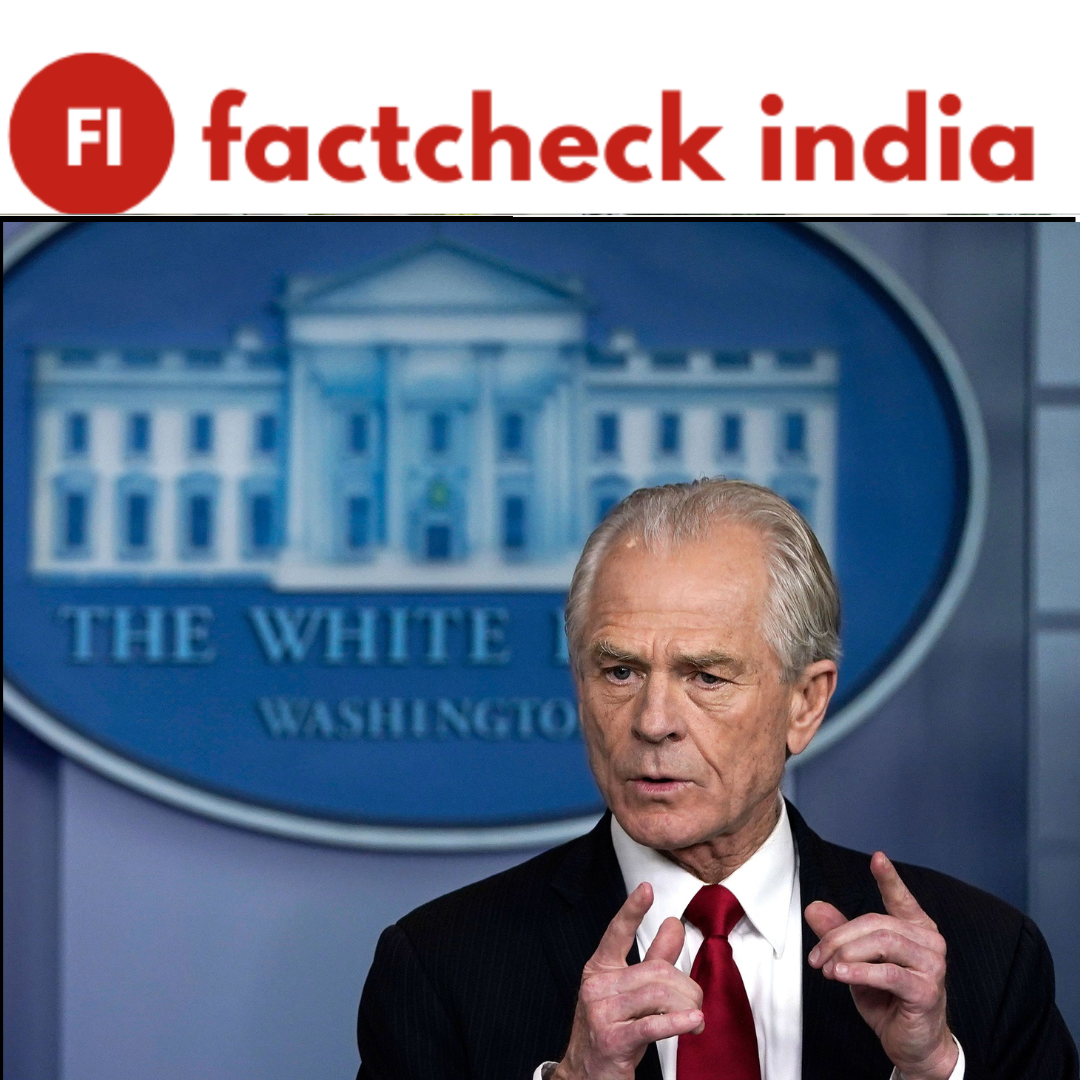Claim
Donald Trump’s former adviser Peter Navarro alleged that India is profiteering from Russian oil imports, feeding Russia’s war machine, and causing job losses in America. He further accused Elon Musk of spreading “propaganda” after his post was fact-checked on X.
Fact
The claim is misleading.
What We Know So Far?
India’s purchase of Russian oil is largely driven by energy security needs and does not breach international sanctions. X’s community note fact-check clarified that Navarro’s statement overlooked global trade realities, including the fact that the U.S. itself continues to import Russian commodities.
Evidence
- X Community Note: Navarro’s post was flagged with sources explaining that India increased imports from Russia after Western sanctions due to discounted rates, not for profiteering.
- Energy Security Context: India, the world’s third-largest oil consumer, has consistently stated that its purchases aim at ensuring affordable energy for its citizens.
- US-Russia Trade: Despite Navarro’s accusations, credible reports highlight that the U.S. continues to import commodities like uranium from Russia, raising questions of double standards.
- MEA Response: The Indian Ministry of External Affairs dismissed Navarro’s remarks as “inaccurate and misleading,” reaffirming that India-US ties remain strong and forward-looking.
Conclusion
Peter Navarro’s accusations against India are not backed by facts. The evidence shows India’s Russian oil imports are driven by economic and security considerations rather than profiteering motives. His criticism of Elon Musk and the fact-check highlights political friction but does not alter the reality that India’s actions remain within the framework of international trade rules.


Interesting points! Seeing platforms like JL BOSS GAMES expand in the Philippines shows a growing market. Account security & KYC are key – a smooth login is great, but safety first! Check out this jl boss games link for more details on their approach.